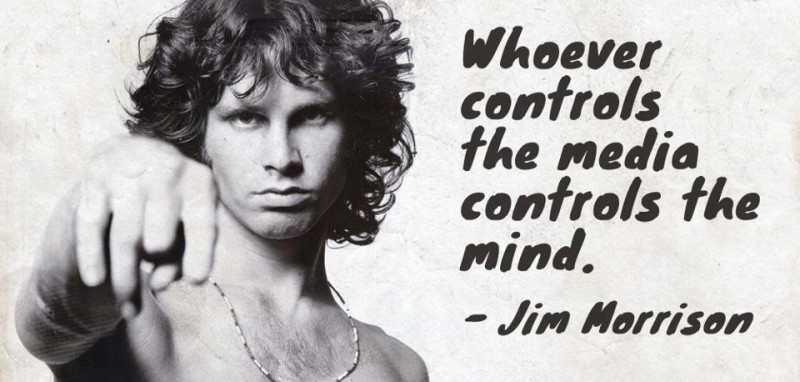I am not sure if this is the right place to post the following set of information:
Reading this article (RO language:
www.radiomures.ro/stiri/peste-20-de-paci...ati-la-tg-mures.html ) one can see that in a certain place from Romania, 21 HCV patients were treated with the interferon free therapy and the bill to be paid by the healthcare system is slightly more than 1.150.000 US dollars. The news was also pointing that this is an
extraordinary result!
With the same amount of money,
more than 1.000 people could have been treated with generic medication for HCV. How extraordinary would that have been?
Going further, for treating 1000 patients with branded drugs, the RO government should pay more than 50 million $.
Now, looking at the FDA process to approve the usage of generic drugs (
www.fda.gov/Drugs/NewsEvents/ucm508150.htm ) it is obvious that this will cost some money, yet the key question would be: would this approval process cost more than 50 million $ for HCV generic drugs? If not, the government could save a lot of money by considering the approval process for HCV generic drugs ....
I am aware that politics is puzzling, yet in the context from above it is about saving a lot of money (apart from saving a lot of lives which is priceless).
By the way, Gilead sits on more than 24bn$ ( as they say on their press release related to the financial results for Q2/2016 "....As of June 30, 2016, Gilead had $24.6 billion of cash, cash equivalents and marketable securities....") which means a lot of cash and equivalents. This does not sound good at all.... Have a look here:
www.investopedia.com/articles/fundamental/03/062503.asp:
"Bad Reasons for Extra Cash
All the same, textbook guidelines should not be ignored. High levels of cash on the balance sheet can frequently signal danger ahead. If cash is more or less a permanent feature of the company's balance sheet , investors need to ask why the money is not being put to use. Cash could be there because management has run out of investment opportunities or is too short sighted and doesn't know what to do with the cash.
Sitting on cash can be an expensive luxury because it has an opportunity cost, which amounts to the difference between the interest earned on holding cash and price paid for having the cash as measured by the company's cost of capital. If a company, say, can get 20% return on equity investing in a new project or by expanding the business, it is a costly mistake to keep the cash in the bank. If the project's return is less than the company's cost of capital, the cash should be returned to shareholders.
Don't be fooled by the popular explanation that extra cash gives managers more flexibility and speed to make acquisitions when they see fit. Companies that hold excess cash carry agency costs whereby they are tempted to pursue "empire building". Top managers can fritter away cash on wasteful acquisitions and bad projects in a bid to boost their personal power and prestige. With this mind, be wary of balance sheet items like "strategic reserves" and "restructuring reserves". They are often just excuses for hoarding cash.
Even worse, a cash-rich company runs the risk of being careless. The company may fall prey to sloppy habits, including inadequate control of spending and an unwillingness continually to prune growing expenses. Large cash holdings also remove some of managers' pressure to perform."
Well, these were just some simple thoughts....
Cheers,
RHF

